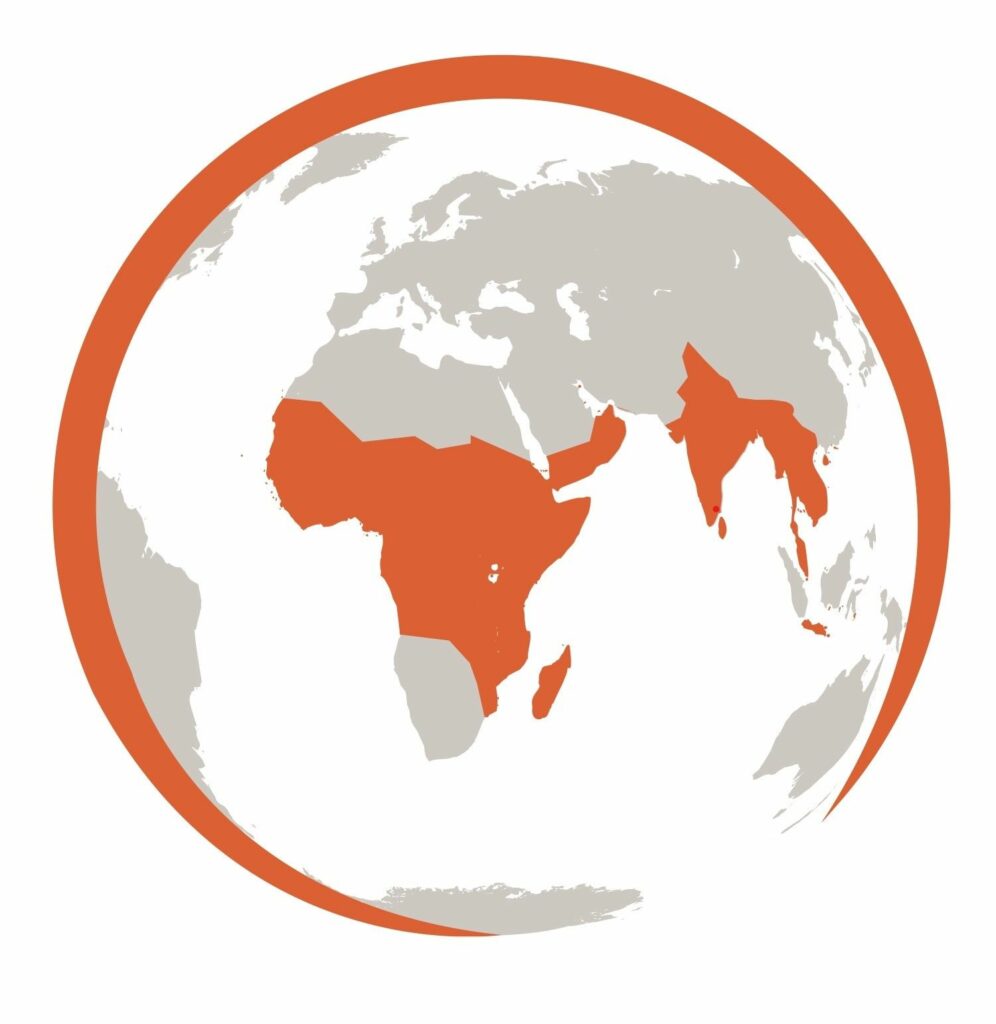Funders
Standard Chartered Bank “Seeing is Believing” (SiB)
Location
Sierra Leone
Dates
2012-2014 and 2016-2017

The prevalence of blindness in people over age 50 in Sierra Leone is about 5.9%, and overall, more than 90% of blindness in Sierra Leone is avoidable. Standard Chartered Bank’s Seeing Is Believing programme awarded a grant to Sightsavers to contribute to the reduction in avoidable blindness through countrywide provision of comprehensive eye care services, a project parallel to a complementary grant from the European Commission. The project began in 2012, was interrupted by the Ebola outbreak of 2014-2015, resumed operation in 2015 and ended in 2017.
Tropical Health was commissioned to conduct an end-of-term evaluation that assessed the project’s achievements and long-term effect on accessibility to eye health services, identify key successes and challenges, provide recommendations, and identify cross-cutting or organisational-level lessons and recommendations to aid in future programme design.
Tropical Health used six evaluation criteria — relevance, effectiveness, efficiency, impact, sustainability, and coordination/coherence — accompanied by specific questions in its qualitative and quantitative data collection, which included a review of 124 documents, interviews with 57 key informants, six focus group discussions and visits to six primary health units.
Tropical Health delivered a comprehensive analysis of the project’s achievements in each of the criteria and provided a set of 16 recommendations for future programming, charted by responsible and priority level.
Interestingly, Tropical Health found that while the Ebola outbreak forced suspension of most project activities, it also made the project more relevant due to Ebola survivors suffering from visual complications, as well as a heightened receptiveness to health-related information and services. Overall, Tropical Health found the project highly relevant to the needs of Sierra Leone in terms of strengthening and improving eye care service delivery and extending its reach to poor and remote communities. Targets were mostly met or exceeded, in vitamin A supplementation for children, to name one example. Significant gains were made in human resources for eye health, integrating eye care into primary care delivery, training and outreach. Issues included drug supply problems and inefficiencies in tracking project effectiveness. Overall, the project laid foundations for sustainability by emphasizing the integration of eye care into government health systems, the development of government human resource capacity, awareness raising around the importance of eye care, and the strengthening of a strong eye care partner network across the country.
Global Fund / Nigeria National Malaria Elimination Programme
Nigeria
2023 - 2024
Belgian Cooperation/ Light for the World
Democratic Republic of Congo, Rwanda, Tanzania
2021-2022
UK Aid and People’s Postcode Lottery / Sightsavers
Malawi, Uganda
2023 - 2024